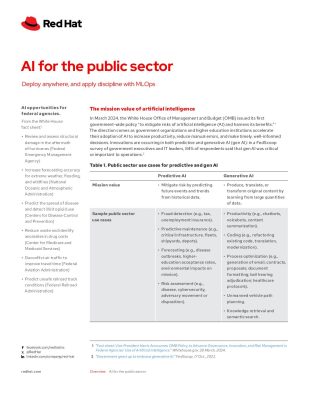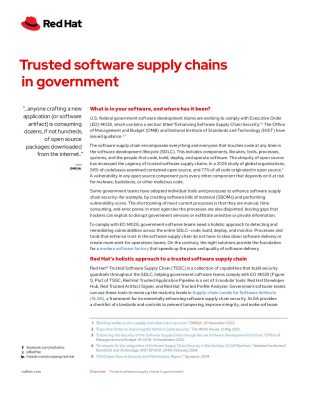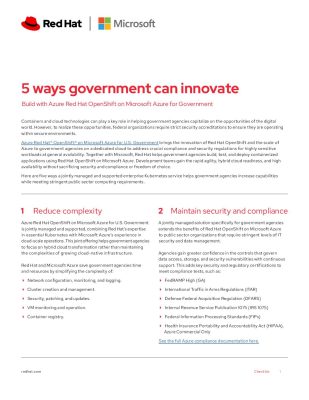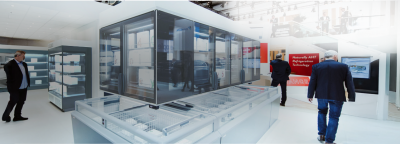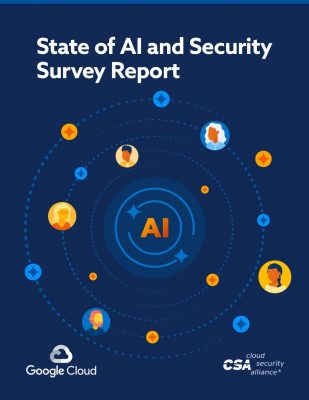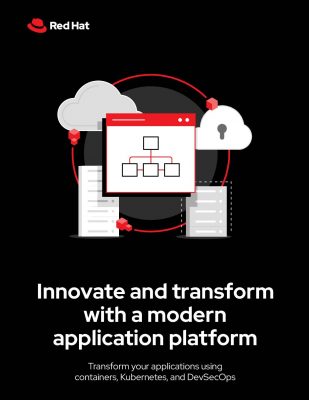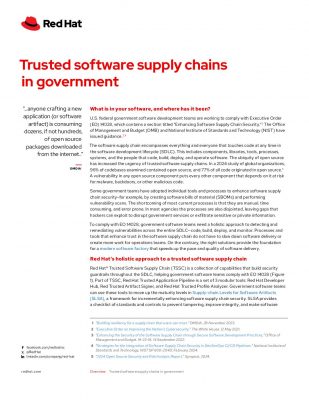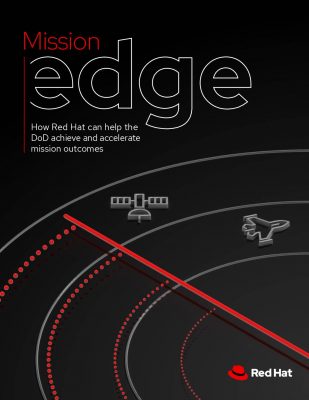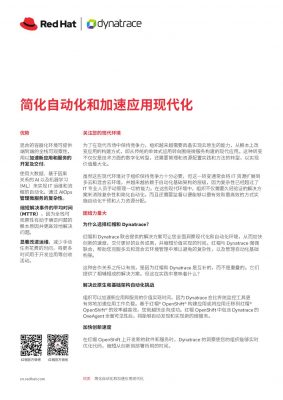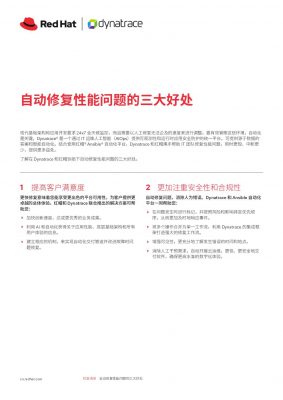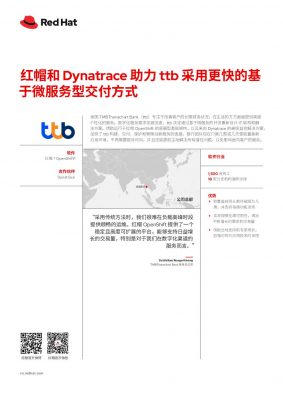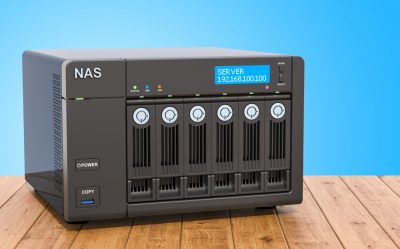Highlights:
- Traceable, founded in 2020, focuses on cybersecurity by protecting, securing, and testing APIs—the critical components that enable software systems to communicate.
- Harness offers a continuous delivery-as-a-service platform that simplifies the development process, allowing engineers to focus on coding while identifying bugs and issues before they reach production.
Continuous software delivery startup Harness Inc. announced a merger with Traceable Inc., an API security startup to integrate cybersecurity technologies into the development and operations pipeline.
Jyoti Bansal co-founded both companies, who also serve as their Chief Executive Officer. Harness, launched in 2017, was designed to streamline the software development process. It has since evolved into a platform that leverages machine learning to monitor software releases, helping to prevent issues during development and deployment. Traceable, launched in 2020, focuses on cybersecurity by protecting, securing, and testing APIs—the critical components that enable software systems to communicate.
Bansal previously founded AppDynamics, which was acquired by Cisco Systems Inc. in 2017 for USD 3.7 billion just before its planned IPO.
Harness offers a continuous delivery-as-a-service platform that simplifies the development process, allowing engineers to focus on coding while identifying bugs and issues before they reach production. By automating tests and monitoring the development pipeline, it detects anomalies, errors, and potential risks before deployment. If a problem does make it to production, the system automates rollbacks to minimize customer impact.
This approach falls under CI/CD (continuous integration and continuous delivery), a modern software development methodology that enables companies to release frequent, incremental updates—sometimes multiple times a day or a week. Traditionally, software updates were deployed in larger batches on a monthly basis, but today’s fast-paced development environment requires continuous updates and improvements.
This rapid development cycle is a core aspect of DevOps, a methodology that bridges software development and IT operations to enhance the speed and reliability of software releases.
However, as release frequency increases, so does the need for robust security at every stage of development. With engineering and security teams working more closely than ever, early vulnerability detection has become critical to preventing exploits in fast-moving development environments.
“Software teams should not have to choose between speed and security when delivering innovation to their customers,” said Bansal, stating that an integrated effort toward development and security will reap benefits for both customers pools. “The mutual interest from Harness and Traceable customers in an integrated DevSecOps platform has substantially accelerated over the last year, and the timing is right to deliver on this industry demand.”
The startup has made several acquisitions in line with the industry’s shift toward greater automation and productivity throughout the development lifecycle. Its most recent acquisitions include competitor Armory Inc. and feature flag experimentation management startup Split Software Inc.
According to Nick Durkin, Field Chief Technology Officer at Harness, the industry is increasingly moving toward a convergence of development and security, making this an ideal time for Harness and Traceable to join forces. Durkin noted that customers of both companies frequently discuss development in security meetings and security in CI/CD meetings, highlighting the growing interconnection between the two areas.
“Our goal is to shift the information and bring it to the smartest people at the right time,” said Durkin “I think that’s really what this merger is allowing us to do as a whole. Bringing the code, the application and secure that through the whole entire software development lifecycle right into production. That’s the most important thing.”
In its announcement, Harness stated that the merged company will prioritize agentic artificial intelligence—an AI capability that enables intelligent agents to make decisions with minimal or no human intervention. Together, Harness and Traceable are developing a library of AI-native agents and datasets to support them, aiming to improve both the speed and security of application development.
Durkin said that Harness brought AI and ML algorithms immediately after launch and intended to use the “appropriate technology to address the appropriate problem,” be it an algorithm or generative AI.
“We want to use the right tool for the right job,” said Durkin. “That’s been how we’ve operating since 2018 and every single thing we’ve done has been removing the worst part of people’s jobs. So, every AI we’ve ever created was about removing all the toil, removing all the worst part. Now with agentic AI. It’s really about the same thing.”
The merger is expected to be finalized later this month or early next month. The combined company will have approximately 1,100 employees and is projected to generate USD 250 million in annualized revenue for 2025—a 50% increase from the previous year—with an estimated valuation of USD five billion.

